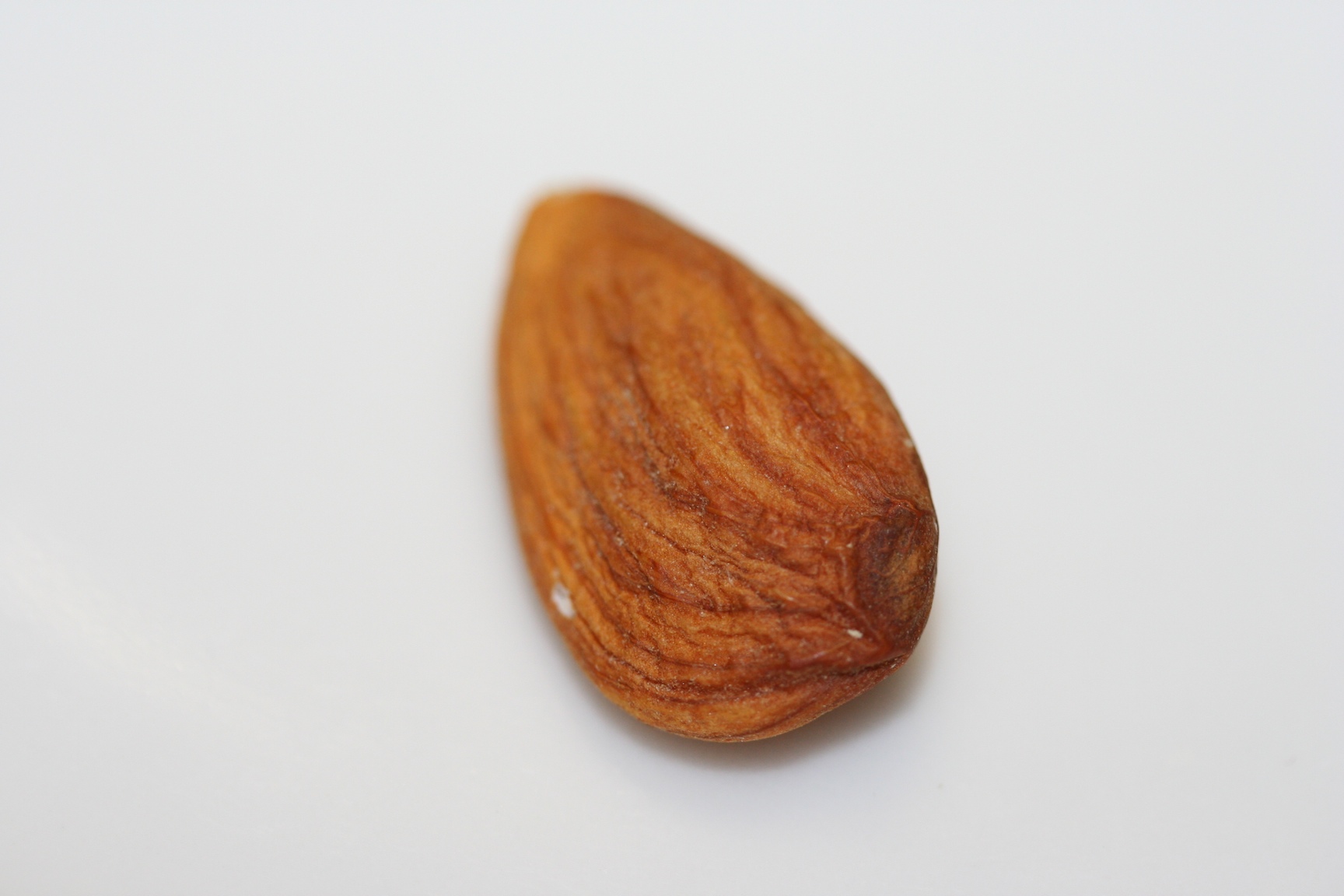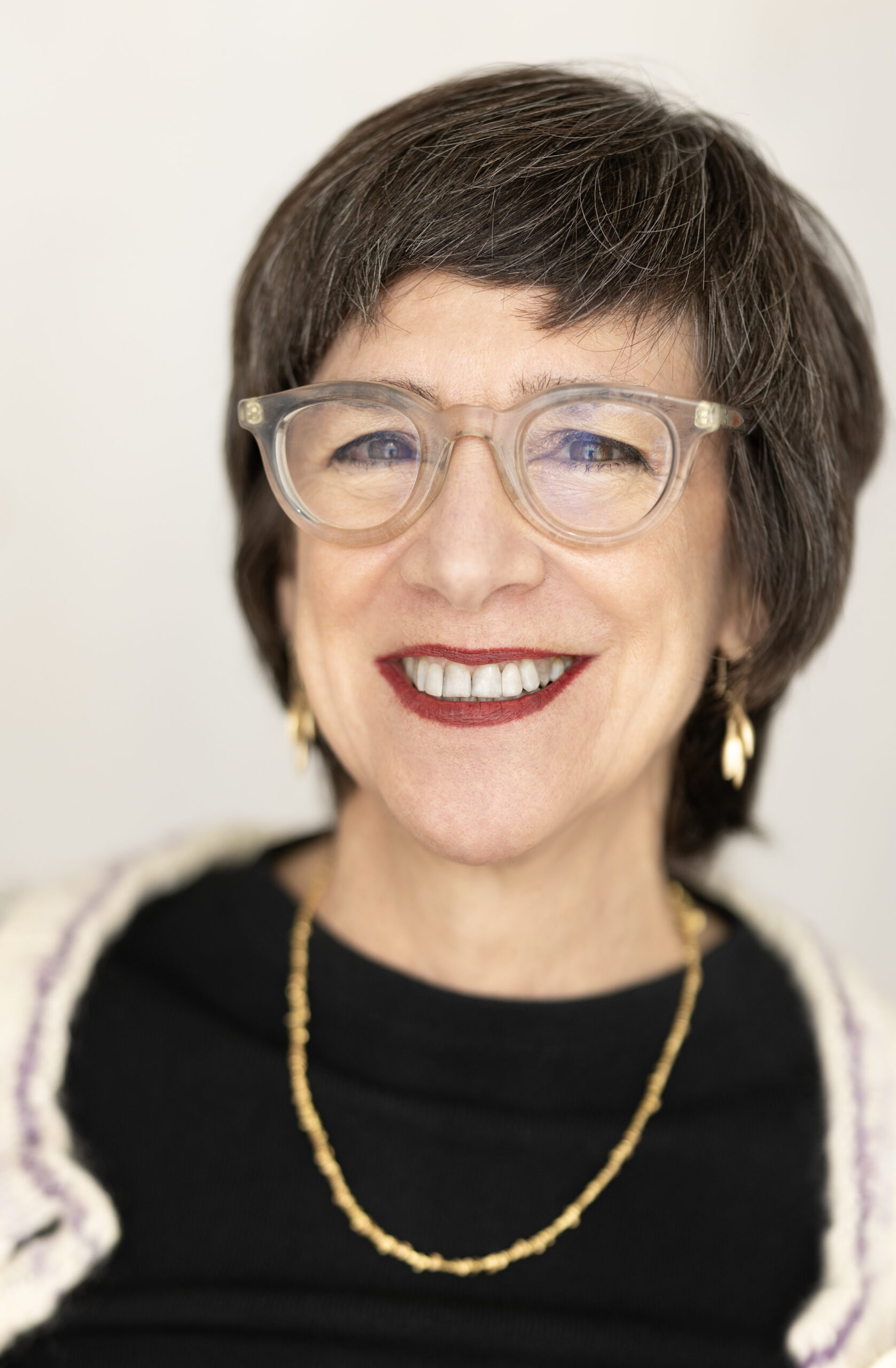New poems by our contributors JULIA KOLCHINSKY DASBACH, BRYCE BERKOWITZ, DEBORAH GORLIN, MATTHEW CAREY SALYER
Table of Contents:
Julia Kolchinsky Dasbach
—Amygdala Means Almond
Bryce Berkowitz
—The Writers’ Bench in Gapped Couplets
Deborah Gorlin
—The Trouble with Rivers
—Landslide
Matthew Carey Salyer
—The Devil, His Own Self
—The Penguin Classics
Amygdala Means Almond
By JULIA KOLCHINSKY DASBACH
I hear the baby cry even before
she knows need. I hear her
behind my eyes, she’s
beautiful, everyone says, it’s
the eyes, yours, giant almonds
swirling hazel, churning
deep in the primitive part
of the skull, the brain’s
medial-temporal lobe
where neurons multiply
from pregnancy through birth.
Once activated, the researcher says,
the amygdala stays lit, fear and worry,
wakefulness, bloom an eternal
almond tree. In the fathers, she looks
at the scans, the area is only a quarter
as active, perhaps that’s why
her husband slept
through her daughter’s crying,
why mine used to sleep through
even a fire alarm, knowing, I,
mother, even before
motherhood, would wake him.
Dr. E let’s call her, for Eema, Mama
takes samples of oxytocin
from mouths of parents
in Tell Aviv, goes on to study
non-birth-parents,
48 couples, I never knew love,
says one Dad, until this moment,
holding his day-old son, love
that cannot end, skin to skin,
other Dad’s hand on his shoulder.
The baby all theirs and need.
Their amygdalas were just as active
as birth-mothers, Dr. E discovered,
their bodies turned primitive, alert,
afraid, almond. I bet mine’s like that
too now, my husband tells me,
having been the one to suggest
watching this documentary on babies’
in the first place. He believes
the counted nights I’ve left our family
for poems are enough
to wake the fear I carry. Almonds
splintered into gums, oils
stuck to my tongue,
so every word drips
preparation for emergency.
But love, you know as soon
as I come home, you’ll sleep
through all our cries again,
and that’s alright because
I wouldn’t wish my eyes
on anyone, my worry
skull a slivered almond, groves and groves
of endless almond trees.
The Writers’ Bench in Gapped Couplets
By BRYCE BERKOWITZ
~after 149th Street Grand Concourse, NY & Olympic and Fairfax, LA
We heard graffiti writers met on benches to draw in blackbooks.
And what do you do as a teenager but start your own thing?
We went to Rosetta Stone, the local bookstore, and bought the magazines—
12 oz. Prophet, Big Time, While You Were Sleeping…
Bozo Texino, chalked on a greasy boxcar, was our James Wright.
We bought the books— Bomb the Suburbs,
Subway Art, The Art of Getting Over: Graffiti at the Millennium.
This was late 90’s, early aughts.
And you’ll find out soon enough— everything can feel like an hour ago.
We watched 411 Video Magazine and Fulfill the Dream—
skate videos magnified the Venice Walls, the Philly handstyles.
Everything seemed obtainable, even the Midwest with its own scene.
The Rambler’s bubbles were minimalistic-Carver on a black oil tanker.
We hit Scribble Jam in Cincinnati, spotted Espo and Revok,
cruised Paint Louis, where imposter syndrome loomed
at the Mississippi flood wall and burners unrolled
like giant sleeve tattoos for three-and-a-half miles
beneath the Saint Louis skyline. We were lost
in a world of ravens and moons and bulls with sticks,
always on our way to some other distant place,
and learning just how far we stood outside the frame of everything.
Our Writers’ Bench was under an overpass,
and not a bench at all. It was a train viaduct in southern Illinois,
surrounded by alfalfa fields and sandstone bluffs—
in a town known for Vietnam protests and college parties.
But still we studied the names of those who got up—
Cend and Sez, Taks and Jast. And we filled blackbooks
and stuffed backpacks with thin and fat caps,
Meanstreaks, and CCS catalogs. Only now I know
how much we wanted to be big.
Even as we stood between rain falling and landing, we screamed,
Fuck it. You’re gonna die one day.
And then we pushed down the caps until the paint spread,
until our fingertips were sore to touch.
The Trouble With Rivers
By DEBORAH GORLIN
Though seemingly dreamy, you are
for real a body, a grand body of water—
more muscled wrestler than sculptor,
pinning broad-shouldered earth to the mat.
That’s because of your workplace, spanked by sun,
the herk and jerk of winds, slick mountains the boss
of you: all drop their freight upon your back,
the tonnage of weather, rain, snow, hail,
that you must carry down along your length—
a bloat 400-mile-long sofa
hauling others, your joined waters swollen
with your volumetric deposits, and shelved
alluvial libraries. Fluidity coerces
choices, insists you flow or else. In better
weather, you’re more Marilyn,
voluptuous but still clingy, flutter
and curves, borderline, with serious boundary
issues. You have fun, but it’s surface,
a prim performance: balletic kayaks, boats
and skis skim the froth, frisson of fish.
Sealed in their own skins, swimmers
frustrate as they emerge, and you slip
down them fast, like silken panties, puddled
dry. Unlike fire—satisfied
after a good meal of forests—, or winds
scheduled by air, you never rest
in your earnest, ceaseless quest to describe
and express yourself. Your lolling infant tongue
teethes on dirt and pebbles, reaches for
an opening, a mouth, a fixed source.
All that’s inside—murk, depths, movement,
histories, sorrows—must flow in one
direction only. Who are you, then,
but waters continued, and continuing,
unfathomable, in all their endless nudities?
Landslide
By DEBORAH GORLIN
I fear the heedless vagaries of land, its random imperatives,
that lead me anywhere without notice, or warning,
the incessant rise and fall of its perilous topographies,
plumb line into the river if you fall, or pointy mountain
where you perch, teetering, a sorry ass goat. Scared are you, honey?
Stalker in full surround that insinuates its dirt into every crack
as if the whole world were its oyster, an infestation of bugs
we can never exterminate, soap off. Its muscled hold supports
the huge funereal trees, its favorites, their branches grief-struck,
permits our acute necessities, to grow our things in its soil,
to feed ourselves, from farm to table on its stalwart back.
Beast of burden. Saint Land of the Many Sorrows. Ice rink.
I know I know it’s sick from all our stupid, selfish abuse.
I sympathize, I eat local. I fear the apocalypse.
But at my age, I’m a small potato, who shortly will
owe it my life. Allow me my individual fear.
Deeper than oil drills and the ocean bottom, beyond
the subterranean mantle, where fires burn forever,
curtains enclose a chamber, where no mother earth,
in her right mind would be: he waits down below,
supine on his mattress of bedrock, soon to force upon me
his intimacies, taking everything I’ve got in this world away.
The Devil, His Own Self
Love bluebloods even the ordinary life as heir,
its brunt-bearing tsarevich, a runted Romanov.
As gunshot, let each among us plummet into whomever
we have been desired by best. In my life I began.
In yours I came, became. Post coitus, half-dressed,
I crouched unfallen on the fifth-floor fire escape
where you let me smoke, my pseudo-superstitious head
as asterisk of oily feathers, thwap.
The & of myself propped on a magpie’s instep.
And whatever became of James Maguire’s blanket?
What won’t you heirloom. In my beak, its thread
leaked implausible gold, a slim, stretched wound,
into the simmering alley. I pulled another, another,
so on, taut on Inwood. Upstate Manhattan.
To a bird’s eye, we have always lived on a harp.
Is this what Brooklyn poets mean by the daimon?
Fr. Brendan, saying today’s third posthumous mass.
Liam’s wolf walks Liam again. The house we’ll hold
as if artists know themselves. As if
chords plucked, the palette-knifed pigments of rain.
Yours is the greenwood where beetles catch fire.
In mine, the brassworks, when it hasn’t forever.
The Penguin Classics
By MATTHEW CAREY SALYER
We all got sick or died in the wonder year.
Tried reading the last calm emperor to cure my mind
of this impression life’s unjust. The gall of me.
This is an occasion for frugal passions.
Colm says Times Square was gas in the eighties,
the McDonald’s on 46th a disco bash.
Man. Manhattan at a requisite distance.
The mortal engines burning in clubland.
Then there’s Ukraine in the aftermath of Z.
Kylie Minogue sings ‘I Can’t Get You Out of My Head.’
I keep meaning to change the station in my car.
I read once that the emperor’s son & heir
went mad & killed a giraffe because he could.
He threw a slave in an oven who drew his bath.
They made a wax figurine of Kylie at Madam Tussauds.
Did they think she was asking me out-out?
There will come a tyrant who knows my kind
though I have worked to remain unseen,
stretched my legs like an equestrian statue,
dyed my roan beard in black ink,
& built my lats like an open paperback.
At first, The Meditations had no name like me.
It was never meant to be read by you.
I was always meant to be free.
Bryce Berkowitz is the winner of the AMC TV Pilot Award at the Austin Film Festival (2021). He is the author of Bermuda Ferris Wheel, winner of the 42 Miles Press Poetry Award (2022). His writing has appeared in Best New Poets, New Poetry from the Midwest, The Sewanee Review, The Missouri Review, and other publications. Find him at: www.bryceberkowitz.com.
Julia Kolchinsky Dasbach (www.juliakolchinskydasbach.com) emigrated from Dnipro, Ukraine as a Jewish refugee when she was six years old. She is the author of three poetry collections: The Many Names for Mother; Don’t Touch the Bones; and 40 WEEKS, forthcoming from YesYes Books in February, 2023. Her poems have recently appeared in POETRY, Ploughshares, and American Poetry Review, among others. She holds an MFA from the University of Oregon and a Ph.D. from the University of Pennsylvania. Julia is the author of the model poem for “Dear Ukraine”: A Global Community Poem. She is Assistant Professor and Murphy Fellow in Poetry at Hendrix College and lives in Little Rock, Arkansas with her family.
Deborah Gorlin is the author of two books of poems, Bodily Course, White Pine Poetry Press Prize, and Life of the Garment, Bauhan Publishing, winner of the 2014 May Sarton New Hampshire Poetry Prize. Her new book of poems, Open Fire, Bauhan Publishing, is forthcoming in Spring 2023. She has published in a wide range of journals including Poetry, American Poetry Review, Bomb, New England Review, Prairie Schooner, and Best Spiritual Writing 2000. Recent poems appear in Plume, On the Seawall, The Ekphrastic Review, Mass Poetry, The Hard Work of Hope, and Swimm. Emeritus co-director of the Writing Program at Hampshire College, she served for many years as a poetry editor at The Massachusetts Review.
Matthew Carey Salyer is the author of Lambkin and Ravage & Snare. His writing has appeared in Narrative, Poetry Northwest, The Massachusetts Review, Beloit Poetry Journal, Hunger Mountain, and many other journals. He works as an associate professor at West Point and a bouncer in New York City.




